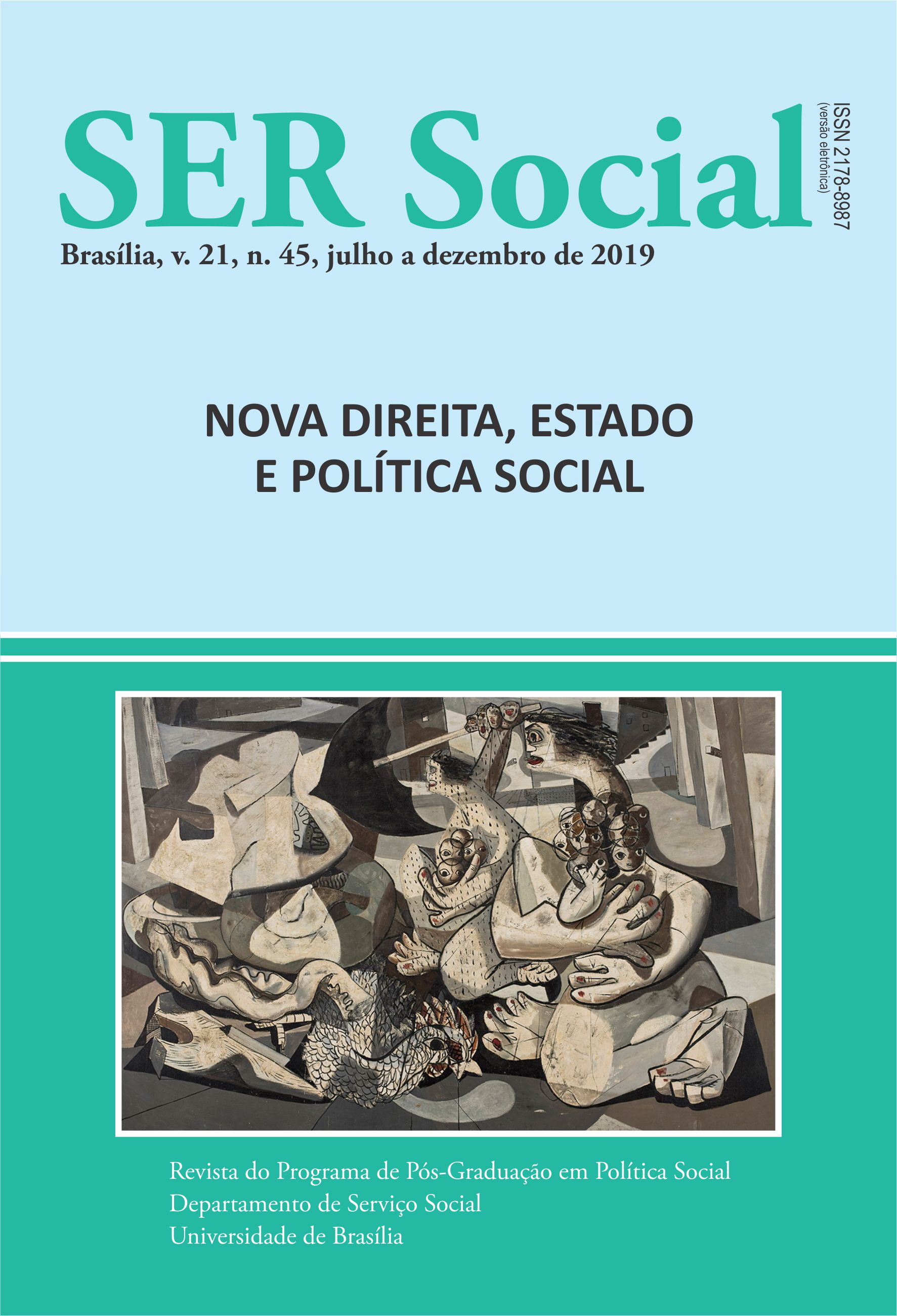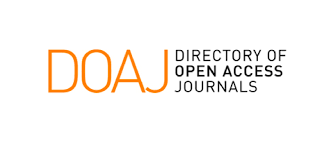The reform of high school in the light of the marcusean critical theory
DOI:
https://doi.org/10.26512/ser_social.v21i45.24031Keywords:
High School. education for work. Critical Theory. human rationality. technological rationality.Abstract
In times of high school reform, the objective of this article is to address the problems arising from the overvaluation of education for work, considering the transformation of human rationality into technological rationality. Education for work paves the way for a new technicality to the detriment of an emancipatory proposal of student formation. The Critical Theory of the Frankfurtian philosopher Herbert Marcuse exposes concerns regarding the development of technique and technology that serve to highlight the contradictions experienced by Brazilian education. Historical and dialectical materialism was constituted as a method for analyzing these contradictions produced by social dynamics and its influences on education, notably in the National Curricular Parameters (NCPs) and in the proposal for the reform of secondary education exposed in the portal of the Ministry of Education. The debate involves the idea of emancipation in the educational context and the possible restitution of critical reason in favor of free development of human faculties.
Downloads
Downloads
Published
How to Cite
Issue
Section
License
 Todo o conteúdo deste periódico, exceto onde está identificado, está licenciado sob uma https://creativecommons.
Todo o conteúdo deste periódico, exceto onde está identificado, está licenciado sob uma https://creativecommons.
Copyright: Os autores serão responsáveis por obter o copyright do material incluído no artigo, quando necessário.
Excepcionalmente serão aceitos trabalhos já publicados (seja em versão impressa, seja virtual), desde que devidamente acompanhados da autorização escrita e assinada pelo autor e pelo Editor Chefe do veículo no qual o trabalho tenha sido originalmente publicado.








